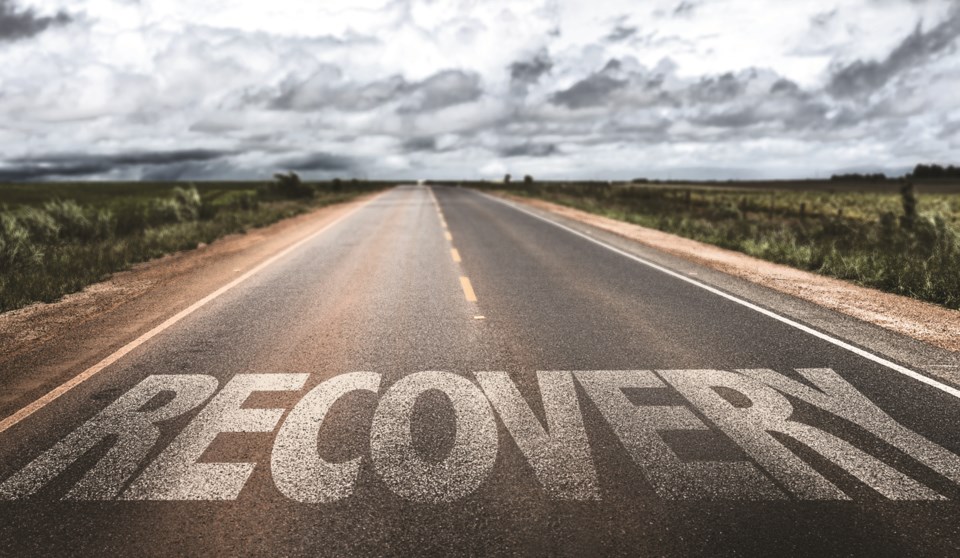BONNYVILLE - Bonnyville Addiction and Mental Health has launched a new program named the Matrix Intensive Day Treatment Group, specifically designed to address substance use and addictive behavioural issues.
Geetha Harjeet, an addiction counsellor at Alberta Health Services (AHS), provided insights into the program's structure, purpose, and the diverse modalities used to guide individuals toward recovery.
Harjeet explains that the Matrix Model is an “intensive day treatment program for people who are struggling with substance use and addictive behavioural addictions, like gambling, eating disorders, sex addiction, internet addictions, too.”
The program follows the guidelines set by Substance Abuse and Mental Health Services Administration, an addiction and substance use organization in the United States.
The Matrix Model spans 16 weeks and includes sessions three days a week - every Monday, Wednesday, and Friday from 1 to 3 p.m.
It includes "three days of group treatment and one one-on-one treatment every 15 days, that is every two weeks on Friday, we also have a component of family education group,” explains Harjeet.
The Matrix group is made up of five components. The first is individual and conjoined sessions. Harjeet describes these sessions as addressing “how an individual understands for their own benefit what addiction is,” and covers topics similar to informing someone diagnosed with a chronic illness.
The second is the early recovery skills group. This group imparts essential skills to manage the early stages of recovery for individuals who have recently stopped substance use.
The third component is medical education. Participants receive education about medical modalities available for addiction treatment, including prescription medications for opioid and alcohol dependency.
The fourth is relapse prevention. This part focuses on maintaining sobriety and provides strategies for preventing relapse, addressing a wide range of subjects like self-care, emotional coping, and communication skills.
The final component is the family education group. This component offers support, education, and skill-building sessions for family and friends willing to be part of the support network.
Harjeet emphasizes the program's holistic nature, covering subjects such as self-care, emotional coping, communication skills, stress reduction, and relationship repair, fostering resilience and adaptability.
The program refrains from using the term ‘addiction’ and instead adopts the term ‘substance use disorder’ to emphasize the model’s focus on treating addiction as a disease.
Harjeet notes that the Matrix Model has so far been well-received in the community, addressing the gap in intensive treatment options between outpatient and inpatient services. The family education groups have proven particularly beneficial, providing psychological support, education, and skill-building for families affected by the disease process.
When it comes to accessibility, Harjeet adds that there is “no waitlist” for the program.
“We wanted to create a space where there is no waitlist because all inpatient treatments unfortunately have some waitlists in Alberta,” says Harjeet.
To ensure personalized care, Harjeet states the importance of assessments. “We will book an appointment for an assessment because individuals, group, and outpatient therapy all have different expectations, and some people don’t fit into that particular modality of treatment.”
This tailored approach ensures that individuals receive the most suitable and effective care for their needs.
Harjeet shares that participants receive a completion certificate, serving as both a confidence booster and a practical recognition of their efforts.
“We give out a completion certificate to the participants. It can boost their confidence, but they can also use it for their life situations... They can say that they worked on whatever substance abuse they have.”
Harjeet explains the referral process, stating, "You can be referred to by your primary caregiver, like your doctor, your mental health therapist. They Just have to make their way to Bonnyville Addiction Services and get an assessment, that is the only requirement.”



